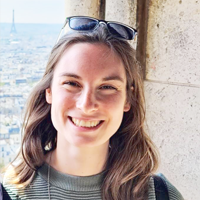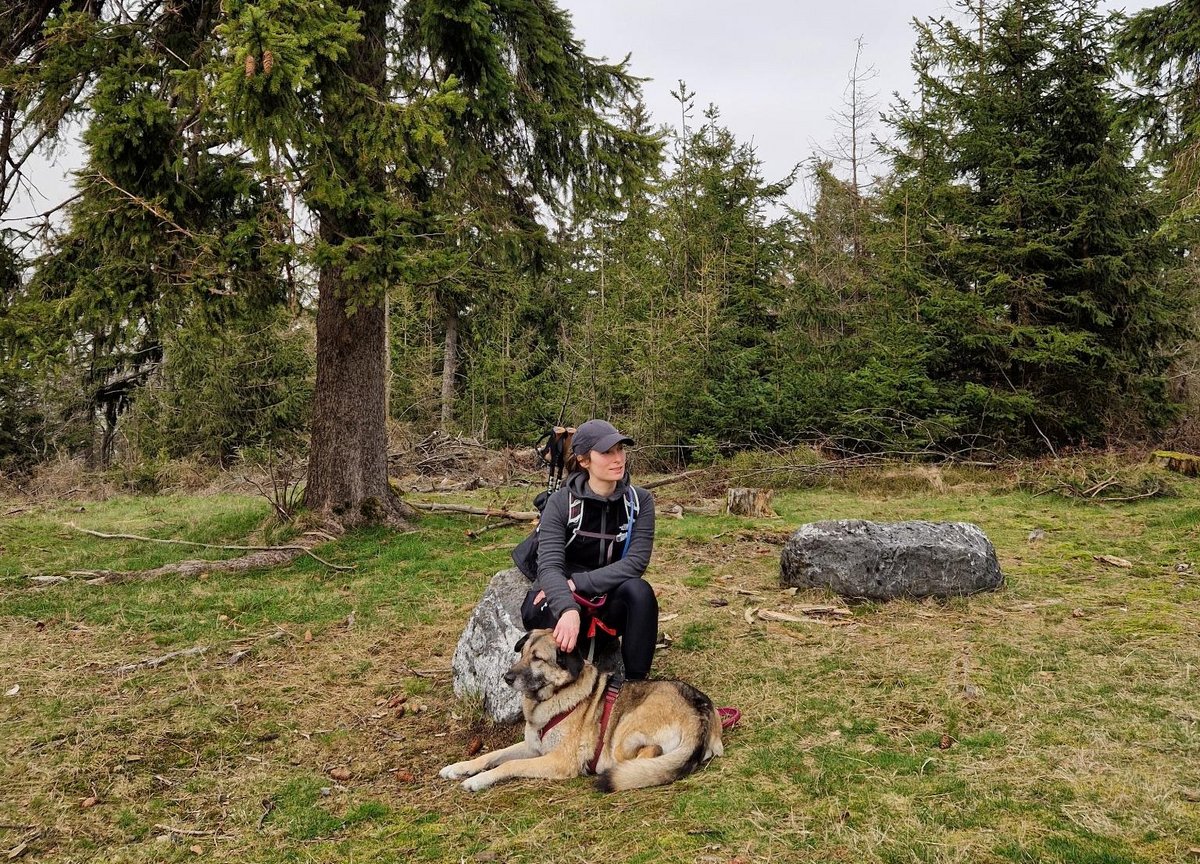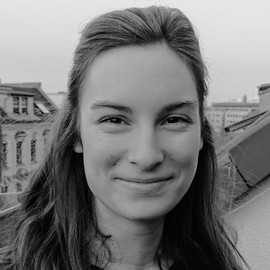
Harnessing NLP to Revolutionize Drug Safety and Healthcare Privacy
Dr. Lisa Raithel recently defended her PhD on "Cross-lingual Information Extraction for the Assessment and Prevention of Adverse Drug Reactions" in a joint program between Germany and France. Lisa is currently doing a post-doc at TU Berlin's Quality & Usability Lab and is a guest researcher in the Speech and Language Technology team at DFKI Berlin. In addition, she is conducting research on the BIFOLD agility project titled "Cross-lingual Information Extraction and Verification for the Assessment of Adverse Drug Reactions," under the guidance of Prof. Volker Markl, Prof. Sebastian Möller, and Prof. Pierre Zweigenbaum. In this interview, she shares her journey, her vision for the future of AI in medicine, and the personal motivations behind her innovative work.
Please describe and explain your research focus.
Lisa: My research focuses on using natural language processing (NLP) to extract useful information from text, particularly in the context of health. For example, imagine trying to gather insights from a vast number of online discussions about older and newly released medications. My work aims to develop methods that can go through these (multilingual) conversations from all around the world to identify and summarize user-reported side effects. This can be crucial for understanding the real-world impact of newly released drugs (how are people affected by these drugs in real life?) and improving public health (is there a need to do more medical research for a certain type of population, e.g., pregnant women?). My dissertation “Cross-lingual Information Extraction for the Assessment and Prevention of Adverse Drug Reactions” focussed on this topic as well.
In addition, I'm exploring ways to keep health information private, whether it's from electronic health records or online health forums. I'm also interested in how different cultures discuss health issues and how this affects the information we gather to make it easier to get accurate and secure health information from diverse sources.
Which major innovation do you expect in your research field in the next ten years?
Lisa: The field of NLP for health-related topics will continue to be transformed by advancements in the development of large language models. These models have already made it much easier for researchers from various disciplines to work with text (and other) data. This "democratization" of technology will likely lead to more innovative applications and insights in health research, as more people will be able to contribute to and benefit from these tools.
With that, there will be and already is a growing need to address ethical and legal issues related to the use of these technologies to make sure they are used responsibly.
What personally motivated you to enter this specific research-field?
Lisa: My motivation to enter research certainly came from my experiences as a student assistant and great mentors along the way. When I had the chance to "get back" into research after my master's, with a PhD program in Germany and France and an exciting project, I was hooked!
AI is considered a disruptive technology - in which areas of life do you expect the greatest upheaval in the next ten years?
Lisa: In public health, medication development, bioengineering, education and hopefully also administration -- these are at least the areas where I hope new technolgies can be applied with a positive impact.
Where would one find you, if you are not sitting in front of the computer?
Lisa: If I'm not at my computer, you'll probably find me sleeping, eating, or enjoying the outdoors - either hiking or traveling around the world. The picture shows my sister's dog, Kira, and me on Döbraberg, the highest "mountain" in the Franconian Forest and very close to my home, during our hike on the Frankenweg in 2024.



